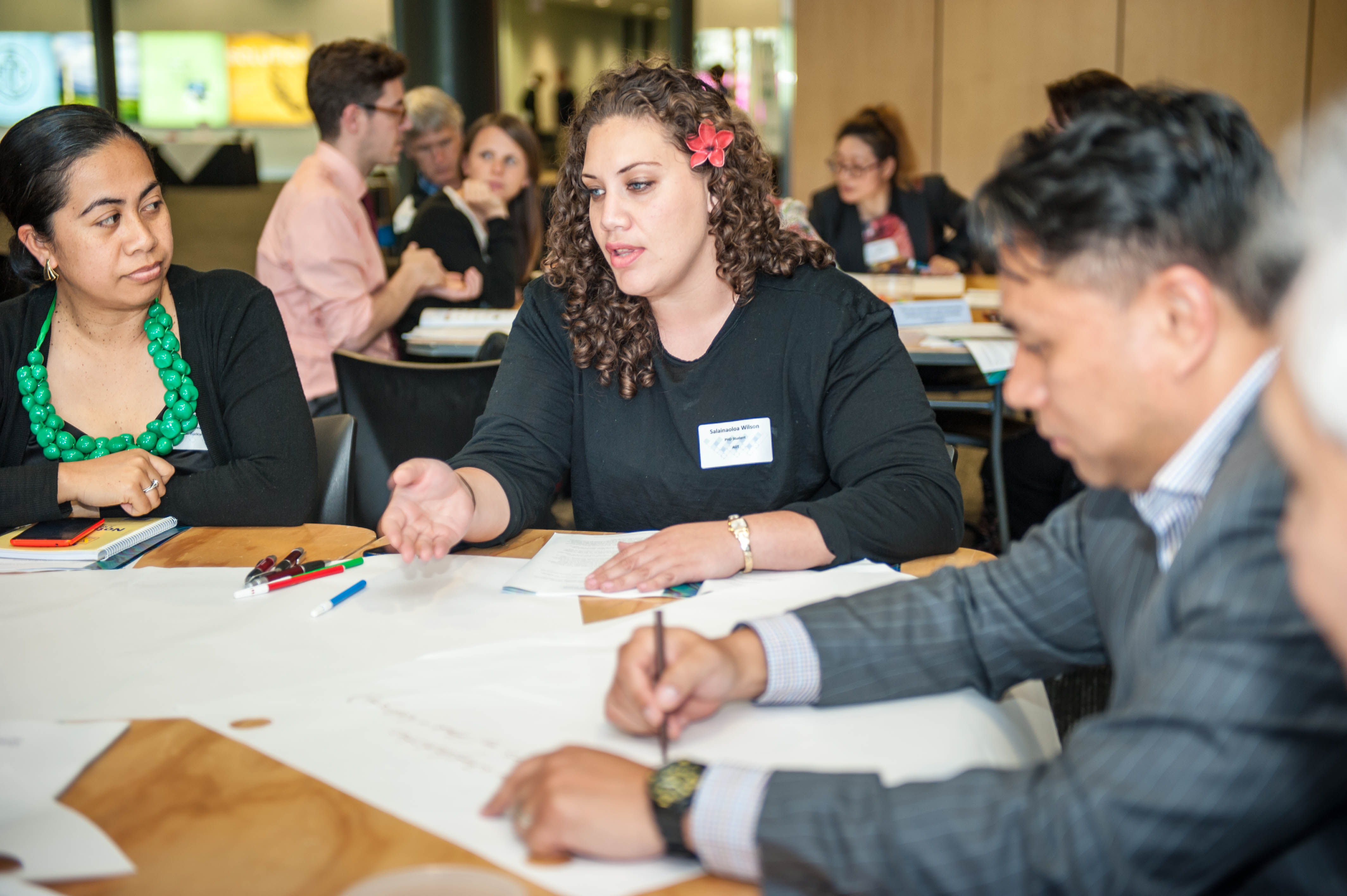Mapping Aotearoa's language organisations

Mapping Aotearoa's language organisations
COMET Auckland
Estimated Time: 40 - 60 Hours Over 2 - 6 Months
We are working to create a coalition of organisations that support Aotearoa's many languages, so we can support one another and so we can have a collective voice with government. We already have a very active working group in Auckland, but we need to hear more from organisations in other parts of the country and from smaller community-based organisations. We need a small team of volunteers to help us research and create an expanded database of language organisations, with contact details and information about the extent and type of work they do. This database will be used in two ways - to enable us to connect with organisations around a possible coalition; and to potentially produce a publication to share information about Aotearoa's language support sector. The first step is to find out who is out there, and categorising the types of organisations that support language, so we can better understand their needs.
Working location
Proposed project steps with time estimates
1. Initial meeting for briefing and planning - 2 hours
2. Reading existing information and drafting categories and methods of collecting and collating information - 5-10 hours
3. Meeting with the languages working group to get feedback on the above - 2 hours
4. Planning the research setting up a database, constructing any surveys/search terms/phone interview formats or other data collection tools required - 5-10 hours
5. Conducting a web search for organisations in each of the categories identified and recording these alongside those already identified, with any key information identified from the web search - 5-10 hours
6. Sending communications to identified organisations and individuals to ask about other language organisations they know of (including members of national bodies) - 1-2 hours
7. Contacting organisations (by phone and/or email) identified through items 5 and 6 above, where full information is not available on the web or where it needs to be verified and recording information from these contacts - 15-30 hours
8. Collating and analysing information gathered to summarise the extent and type of support for languages in Aotearoa and to identify themes and trends - 5-15 hours
9. Meeting with the languages working group to report and discuss findings - 2 hours
What We Have In Place
We have:
- a database of around 40 organisations that have endorsed the Auckland Languages Strategy, including contact details from 4 years ago
- a current email list of working group members representing around 20 organisations
- connections with several key national bodies that could connect us with their member organisations (e.g. through their newsletters)
- a working group of language experts from across many different aspects of language support who can give advice and expertise to the planning and analysis.
For background, our existing language work is here:
http://www.cometauckland.org.nz/wawcs0160396/Languages.html